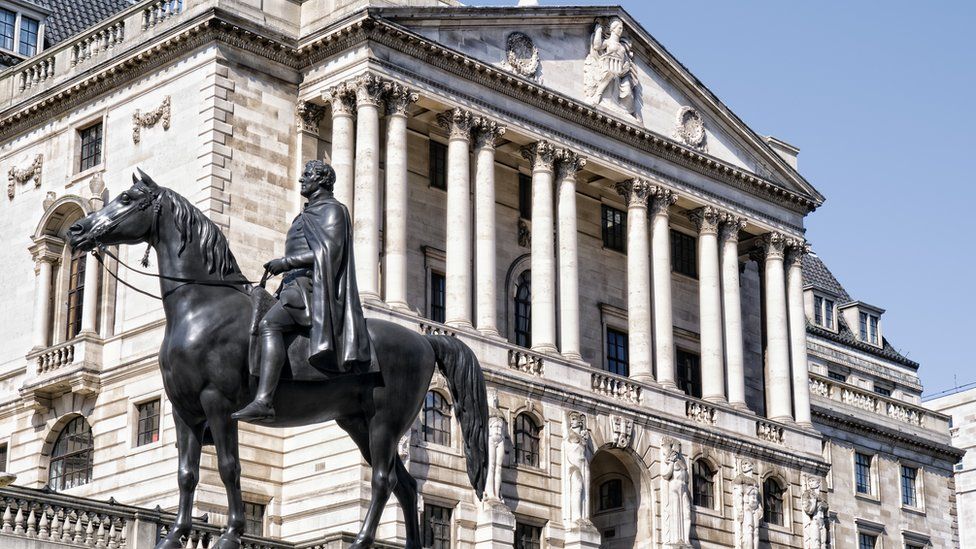 Following a decline in the pound and an increase in borrowing prices due to the government’s tax-cutting proposals, the Bank of England has announced that it will intervene to calm the markets.
Following a decline in the pound and an increase in borrowing prices due to the government’s tax-cutting proposals, the Bank of England has announced that it will intervene to calm the markets.
It issued a warning that there would be a “serious danger to UK financial stability” if the market volatility persisted.
To assist in reestablishing “orderly market conditions,” the Bank will begin purchasing bonds from the government at an “urgent pace.”
Following the news, the pound lost 1.6% of its value against the dollar, falling to $1.0560.
It follows the currency’s record-breaking low on Monday after the chancellor’s mini-budget.
In order to safeguard the pound and try to control rising costs, the Bank of England has already stated that it will “not hesitate” to raise interest rates. By the spring of next year, according to some economists, the Bank of England will increase the interest rate from the current 2.25% to 5.8%.
The prediction has increased borrowing prices and forced the removal of hundreds of mortgage products from the market.
To allay market fears, the Bank stated that the bond, or “gilt,” purchases would be “time-restricted” and made in “whatever size is necessary.”
Additionally, it will delay the launch of a gilt sale program that was only recently announced.
Capital Economics senior UK economist, Paul Dales, claimed that the Bank had to intervene in order to prevent the beginnings of a financial catastrophe and expressed concern that economic outlook worries were intensifying.
This demonstrates that the Bank is doing everything possible to avert a financial crisis and that it is already having an impact. While this is appreciated, the fact that it was necessary in the first place indicates that the UK markets are in danger.
It wouldn’t come as a major surprise if there was soon to be another issue with the financial markets. The hazards to economic growth are rising in any case.
The Bank stated in a statement that “the purchases will be unwound in a gradual and orderly manner whenever concerns to market functioning are judged to have receded.”
Government bond rates, which represent the actual cost of a government’s borrowing, have risen recently as investors sought out longer-term bonds. While this is appreciated, the fact that it was necessary in the first place indicates that the UK markets are in danger.
It comes after the administration promised to lower taxes by $45 billion, paying for them with borrowing as part of an economic growth strategy.
Investors’ faith in the UK economy has been damaged by worries about the plan’s affordability, sending the pound to a record low of $1.0350 on Monday.
Analysts have cautioned that it might even equal the value of the dollar.
The government’s plan has drawn heavy criticism, and the International Monetary Fund issued a warning on Tuesday that the actions are likely to worsen inequality and the cost-of-living crisis.
The administration has stated that it would not go back on its tax cuts, but it has also vowed to announce new initiatives to spur economic growth and lower the national debt in the next weeks and months.
The Treasury admitted in a statement that there has been “substantial volatility” in international financial markets recently.
The Bank will temporarily purchase long-dated UK government bonds starting today (September 28) in order to restore orderly market conditions, a spokesman said. “The Bank has identified a risk from recent dysfunction in gilt markets,” the spokesman said.
The government would continue to collaborate closely with the Bank in support of its financial stability and inflation objectives, it was stated, adding that the chancellor was “dedicated” to the Bank’s independence.




